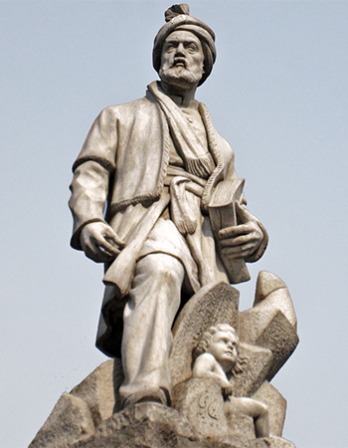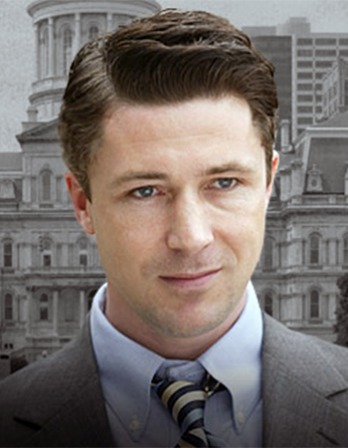Miscellany
The first ruler of a unified Chinese empire and father of the Great Wall, Emperor Shihuangdi commissioned a twenty-square-mile mausoleum, which took around 700,000 laborers more than thirty-five years to complete. Inside, there were about eight thousand terracotta soldiers, seventy burial sites, a zoo, and weapons triggered to go off in case of robbers. The chief craftsmen, it is believed, were also buried there to prevent them from betraying construction secrets.
Miscellany
A riot erupted in Constantinople in 532 that forced Justinian and his advisers to consider fleeing. Procopius wrote in History of the Wars that the emperor’s wife, Theodora—the only time in the work in which she speaks—told her husband, “If now it is your wish to save yourself, O Emperor, there is no difficulty.” On hand, she noted, were money and boats. “For myself,” she went on, “I approve a certain ancient saying that royalty is a good burial shroud.” Justinian stayed, put down the revolt, and in the ashes of the city’s old church built the still-standing Hagia Sophia.
Miscellany
The verb ostracize derives from the Greek word ostracon, a potsherd on which each citizen wrote the name of one well-known citizen whom they wished to banish from the polis. The first published use of the word in English dates from 1649, in a poetic elegy to young Lord Hastings, a Royalist supporter of Charles I: “Therefore the Democratic stars did rise,/And all that worth from hence did ostracize.” The author was Andrew Marvell, who, not long after, served in Oliver Cromwell’s commonwealth government along with the secretary for foreign tongues, John Milton.
Pages


